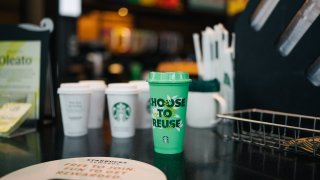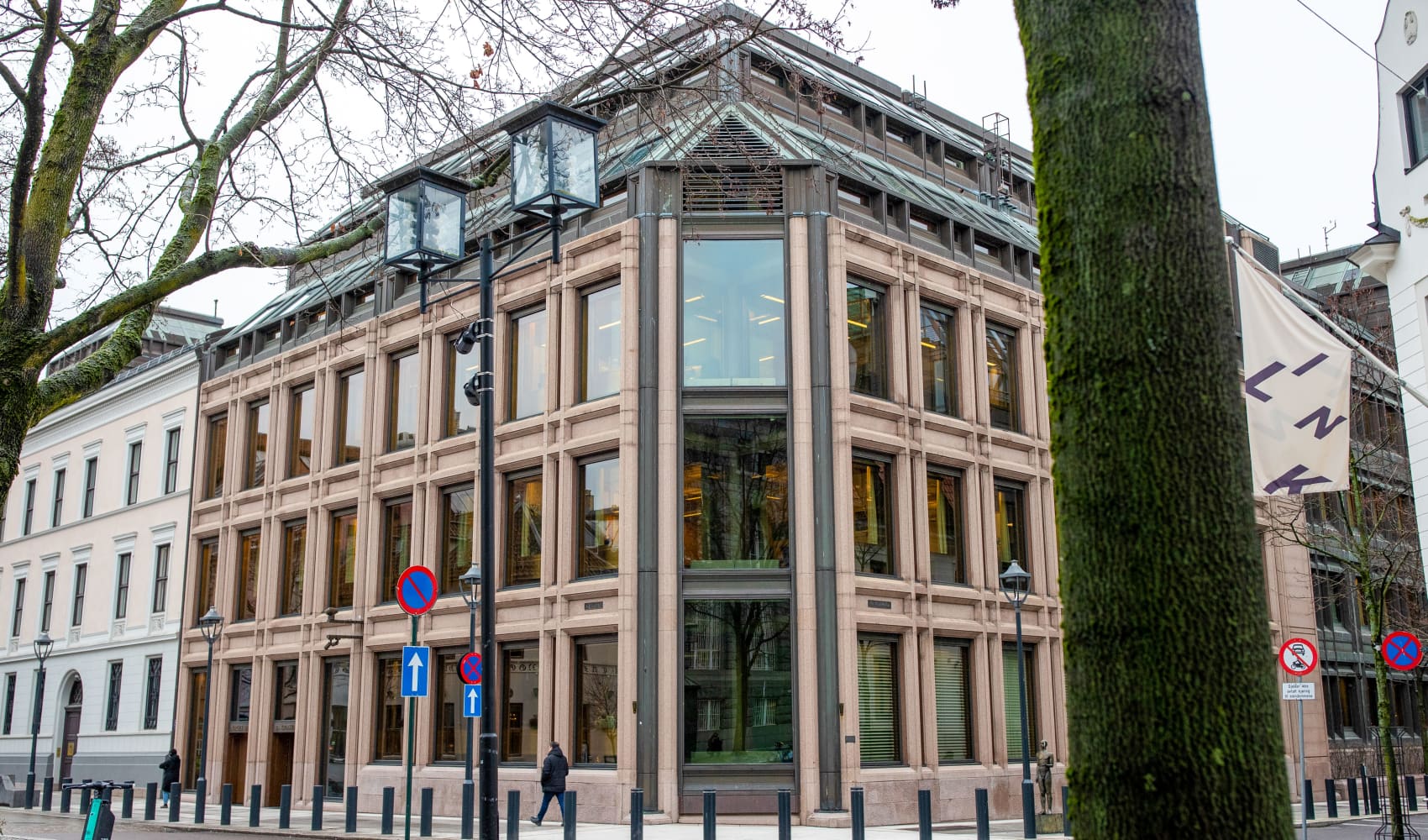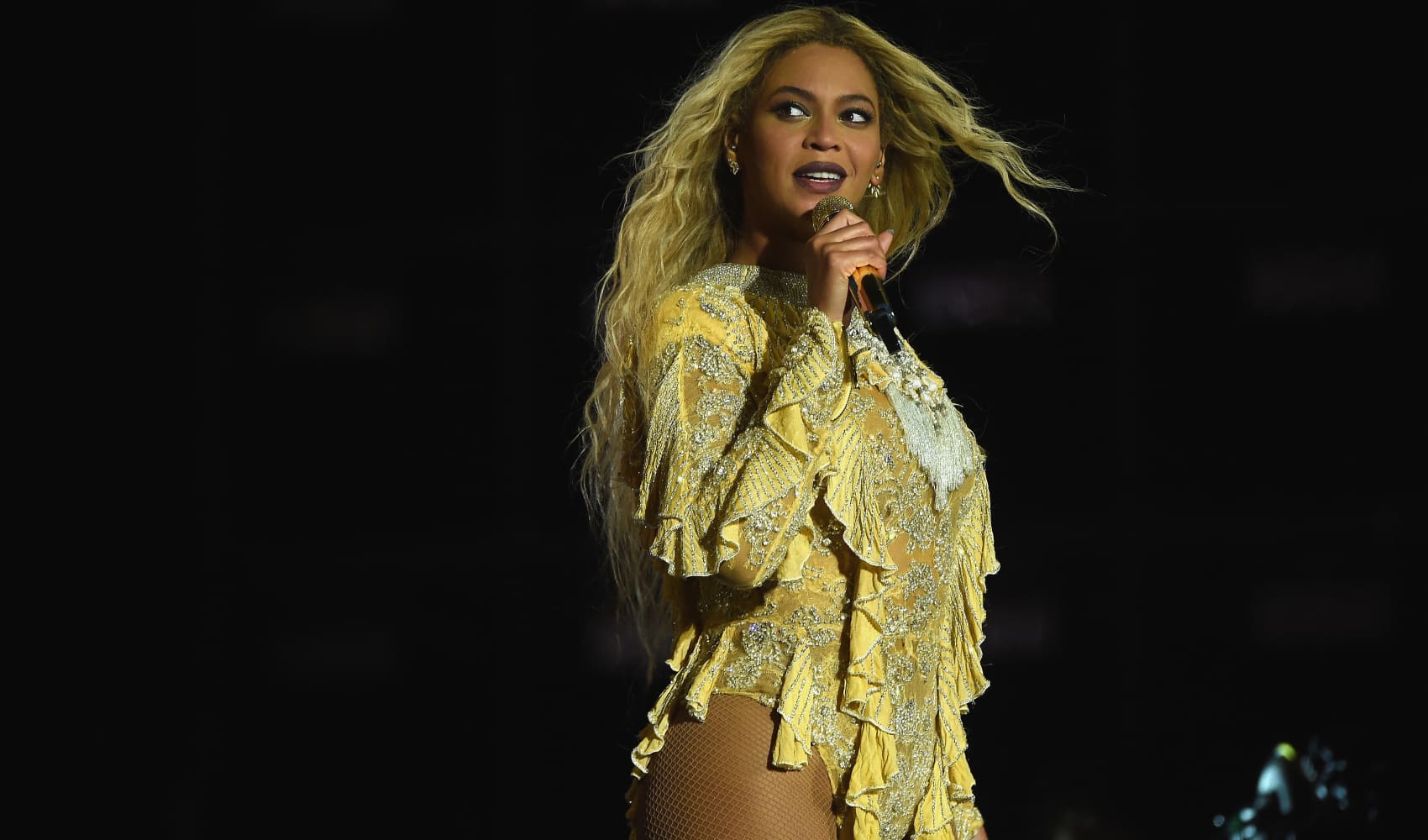
- Starbucks says it is on track for customers to be able to order with reusable cups at any U.S. location, by order methods including drive-thru and mobile, by the end of this year.
- Mobile and drive-thru have become huge drivers for Starbucks sales, and a key test of the reusable program and personal cup option is currently underway in Colorado.
- Starbucks has a history of falling behind on sustainability goals, but it has made significant progress, and cups are key, with an estimated 7 billion disposable ones used each year.
Since 1985, Starbucks has allowed customers to order with their own personal reusable cups at a store counter, offering a 10-cent discount for customers that chose this sustainable option. But if you never knew the option existed, lost your reusable cup a decade or more ago, or simply gave up after forgetting to bring it with you and allowed mildew to grow, the biggest change in reusable coffee cups is still on the way from the coffee chain, which uses an estimated 7 billion disposable cups every year, comprising (along with lids) roughly 40% of the company's packaging waste.
By the end of this year, Starbucks has committed to having all U.S. store locations allow customers to use reusable cups — which it first unveiled in March 2022 — for all store visits, whether it's a counter, drive-thru or mobile order. That is a big shift for a company that as of last quarter said mobile ordering, drive-thru and delivery made up 74% of sales. To date, the reusable cup option has only been offered to customers who order in-store.
Business has improved for Starbucks — the stock is up 27% in the past year, though its stock market performance has softened this spring. The company says it is now serving more customers during peak hours than it did pre-pandemic. But most important to the reusable cup goal are trends of increasing sales from cold drinks, increasing customization, and an increased correlation to its Rewards program. The company says that over the past few years, the number of cold beverages ordered — beverages served in plastic rather than paper — has surpassed the number of hot drinks year-round. Meanwhile, two in three drinks ordered have requested customizations such as extra espresso shots and flavorings, and 57% of all sales are from its loyalty program members.
Feeling out of the loop? We'll catch you up on the Chicago news you need to know. Sign up for the weekly Chicago Catch-Up newsletter here.
The move to mobile and drive-thru came after struggling for years with long wait times in stores that led the chain to lose many sales. There's the risk of added wait time to store visits as customers have to hand baristas their reusable cups at drive-thru windows, and mobile orders will no longer be ready for immediate pickup when customers get to stores if they choose to bring their own cup. The experience of on-the-go coffee may be reshaped if Starbucks achieves its reusable cup goal.
Speed of order filling is key to Starbucks' top layer of management. As part of its "reinvention plan," the company has been implementing what it calls the "Siren system" to make production of complicated drinks quicker to complete within stores, requiring less movement for employees and machines that can create drinks without the need to access ingredients from multiple stations.
Before a reusable program goes nationwide, Starbucks has been conducting a test of a personal cup option in Colorado, which started in mid-April and runs until the end of this month at all Starbucks drive-thru locations in the state. The Colorado test includes drive-thru, but not mobile orders.
Money Report
"So far in the testing period, we have not seen any disruption in customer experience," a Starbucks spokesperson said.
Amelia Landers, Starbucks' vice president of product innovation, told CNBC in an interview last year when it first unveiled the plan, "We're doing so many tests" — among them, tests covering customer convenience, drive-thru line speed, and employee operations.
The coffee chain has additional tests planned later this year in other U.S. locations before the full rollout across the nation.
Reusable coffee cup initiatives around the world
Arizona State University also has become a key testing ground for Starbucks' reusables initiatives — it has experimented with dishwashing tech on the campus — and is now testing a program that the chain has grown overseas, Borrow A Cup.
In Taiwan, Starbucks launched its "Borrow A Cup" program at 60 stores throughout last fall, after a successful pilot run at two stores, allowing customers to borrow a cup from a Starbucks store to order their drink in. To incentivize customers to return the cup that they borrow, they must pay a roughly $1.60 refundable deposit per cup. Customers can then return their reusable cup at a participating store or by using the Starbucks app at a cup return kiosk. Returned cups are then cleaned and sanitized to be reused for future orders.
Similar programs have been adopted at specific Starbucks locations in South Korea and Tokyo, while a temporary test run of this initiative took place in Singapore. A returnable cup program also ran in cities including London, Geneva and Paris, and the company plans to offer this program in all Europe, Middle East and Africa stores by 2025.
"Reuse drives significantly greater reductions in climate pollution and waste. At scale, reuse also saves companies money," said Matt Prindiville, CEO of redeemable container company Clynk. "If Starbucks makes reuse the norm in the metro areas where they operate, they won't need consumers to bring their own cups. It will just become the default way they serve coffee."
In the U.S., there hasn't been as much of an effort to implement this borrowing system, other than the Arizona State pilot and at five store locations in Seattle. For two months in 2021, these stores offered customers the option to take part in the "Borrow A Cup" program. The storefront at the company's headquarter in Seattle, however, has offered this borrowing program continuously since last March, with all drinks sold in reusable cups, and customers having the choice to bring their own reusable cup or take part in the store's borrowing program.
For the rest of Starbucks' U.S. stores, the focus remains on encouraging customers to bring their own reusable cup to fill an order. While the borrowing program addresses the issue of customers forgetting to bring their reusable cup, the current approach in the U.S. could be an easier starting point. "It extends [the] existing practice of accepting customer cups at stores," said Conrad MacKerron, senior vice president of shareholder activist group As You Sow, which is among the investors pushing Starbucks and other food giants like McDonald's to do more with reusable packaging options.
A history of unfulfilled sustainability goals
Although progress is being made, Starbucks has a history of falling short of sustainability goals by proposed timelines. In 2008, Starbucks set a goal to have 25% of beverages served in reusable cups by 2015, but a decade after launching this goal, less than 2% of beverages were being served in reusable cups, according to As You Sow.
"They failed that miserably," MacKerron said.
Starbucks previously pledged to develop a recyclable coffee cup by 2015, and, to this day, it still hasn't done so. It set a goal of using only renewable energy for global operations by 2020, and while it has progressed a long way towards that, only reached 72% of global company-operated facilities in fiscal 2022.
The history makes Starbucks' sustainability watchdogs like As You Sow skeptical of the company's end-of-year goal.
But the biggest results remain in the hands of the consumers.
"Only a relatively small fraction of consumers are willing to bring their reusables with them, and it's hard to move the needle on this," Prindiville said.
Consulting firm IGD found that 83% of consumers are open to change regarding reusable packaging, but they need a push. Offering incentives to choose reusables, like Starbucks has done, can help motivate consumers. Yet research shows that charges are actually more effective than discounts, Prindville said. It's stick rather than carrot.
"People's natural fear of loss kicks in and drives different behavior. The greater the charge, the more likely it is to have an impact," Prindiville said.
Even though a reusable cup option has been in place at Starbucks for over 30 years, many consumers, and Starbucks employees, remain oblivious to its existence. Kelly McBee, As You Sow's circular economy senior coordinator, says that when she has tried to purchase a reusable cup at a Starbucks to order her beverage in, she has been met by worker confusion with the request.
"No one ever asks for the reusable mugs, and when they have to go get them from the shelf there, they don't realize they're not just décor," McBee said.
She says there is a clear lack of advertising that prevents customers from knowing or feeling incentivized to order their drink in a reusable cup.
"It's great that Starbucks has this commitment. They're certainly leading in this way, but will they then take the next step to encourage customers to bring their own? That starts with advertising," McBee said.
Starbucks has signage in stores across the U.S. advertising the reusable cup initiative, and as it continues the tests in Colorado, the company has sent an email out to Rewards members to inform them about the program, along with placing signage in drive-thrus to remind customers to let their baristas know if they brought a reusable cup.
The future of the Starbucks' cup has broad implications.
"This is Starbucks' icon all around the world," Landers told CNBC last year. "And if we can replace this disposable cup, this symbol of waste, with this reusable, we completely change people's mindset. And at Starbucks, we can really set an example and change the whole industry."
Environmental advocates agree. "Smaller cafes are looking to these larger corporations to set the precedent for how their coffee shops should operate," said Grace Lee, director of Clean Water Action's ReThink Disposable program.
Correction: After the current Starbucks test in Colorado of a personal cup option, it has further testing planned before the end of the year for its nationwide personal cup rollout. One additional test of its Borrow A Cup program, extensively tested overseas, is underway at Arizona State University.






